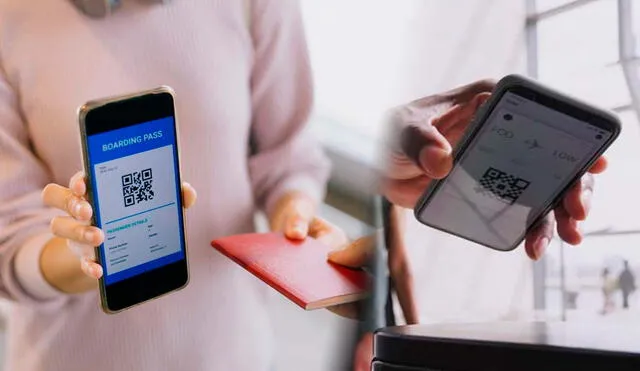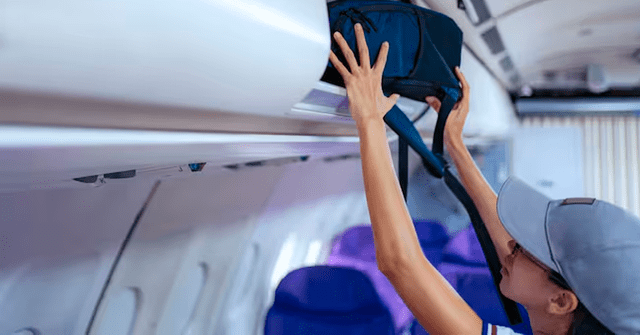Goodbye to check-ins and boarding passes? New airline policies could change the aviation industry
The International Civil Aviation Organization (ICAO) is planning to introduce a "digital travel credential" that will replace traditional check-ins and boarding passes.

Probably, the way you travel through airports will change forever. The International Civil Aviation Organization (ICAO), the UN body responsible for airline policies, is planning to introduce a "digital travel credential".
This system allows passengers to store their passport information on their devices to be used for travel. According to the Times, this change will have effect within three years.

ALSO SEE: Good news for shoppers! Big Lots announces reopening this week with 219 locations across the U.S.
Are boarding passes and check-ins to be gone at airports?
Currently, travelers are required to check in— either online or at the airport— and receive a boarding pass with a barcode that can be scanned at multiple points, including the gate.
Now, under the new system, boarding passes and check-ins would become obsolete. Passengers will download a "journey pass" to their phone when they book a flight, and this pass would update automatically if there are any changes to the booking.
Travelers will also be able to upload their passport to their phones and travel through airports using their face for verification. Airlines will no longer rely on passengers manually checking in; instead, the airline will be notified when a passenger arrives at the airport and their face is scanned.
Valérie Viale, director of product management at Amadeus, a travel technology company, told the Times, the changes were "the biggest in 50 years". "The last upgrade of great scale was the adoption of e-ticketing in the early 2000s. The industry has now decided it’s time to upgrade to modern systems that are more like what Amazon would use.”, she said.
To carried out the project successfully, there are infrastructure upgrades at the airport to be done, such as, facial recognition technology and the ability to read a passport from a mobile device.

Airports must implement some changes before adopting this new policy. Photo: Freepik
Passengers could experience privacy concerns
While privacy issues may arise with the new technology, Amadeus has developed a system where travelers details are deleted within 15 seconds of passing through each "touchpoint", such as pre-security gates.
Changes could also be reflected on how delays and connecting flights are handled. Passengers who missed their connecting flights due to uncontrollable delays would automatically receive a notification on their phone, with their new flight details, and their journey pass would update automatically.
“At the moment airlines have systems that are very siloed,” Viale said. “There’s the reservation system that, when check-in opens, makes a handshake with a delivery system and says ‘here are my reservations, you can now deliver them’. In the future, it’ll be far more continuous and the journey pass will be dynamic.”











